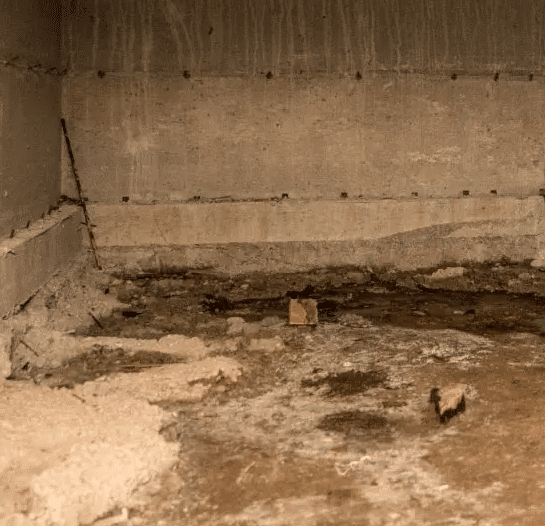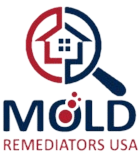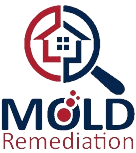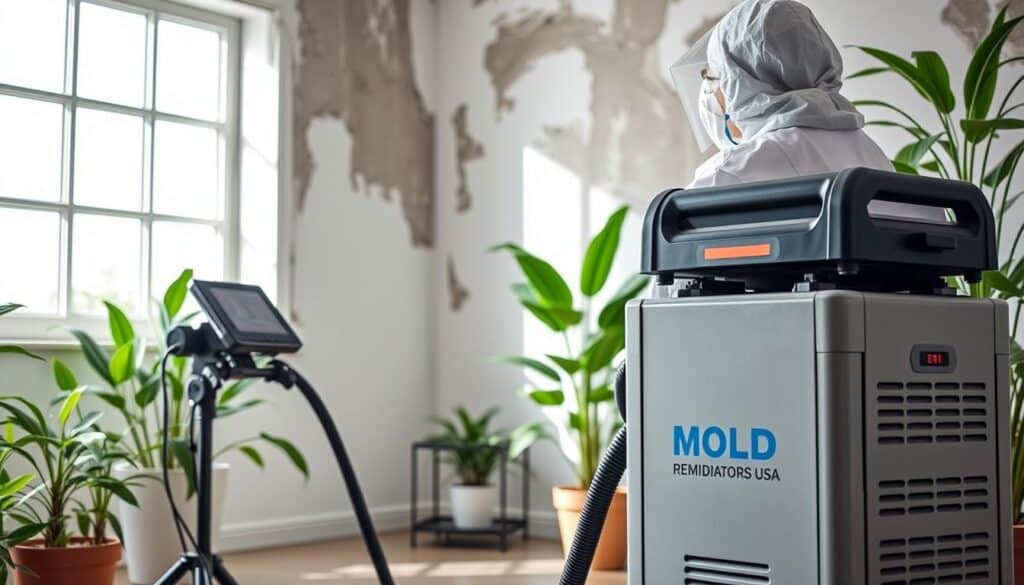Mold can continue to be a serious problem, especially in basements where there is often more moisture present. Professional basement mold control improves the quality of the air in your house and protects your valuables. Here at Mold Remediators USA, we believe that prevention is key.




